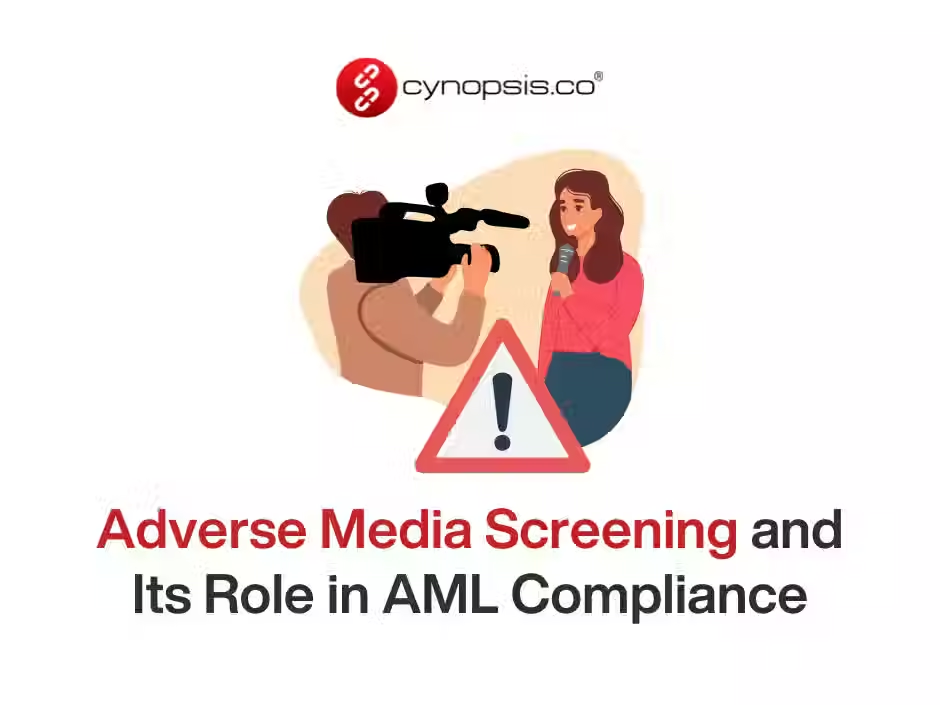Conduct, Mis-Selling & Conflict of Interests
- Sep 21, 2016
- 4 min read
Updated: Jun 6, 2025

Time-travel back 8 years' ago to September 2008, anyone who has been in the financial industry in the last 2 decades would remember the fear, the anxiety, the uncertainty and the damaging extent of the then looming GFC.
Fundamentally, lots of issues were identified since then including the rush to amend financial regulations around the world to capture exposures that were not previously recorded. Every regulator attempted to ring-fence and contain the situation (and to ensure that there would be as little contagion effect from other countries (or countries at risk) as possible). Eight years on, we are still feeling the effects (and the pain) of some of these changes.
Of course since 2008, we have seen a fair share of other financial problems such as rates fixing, money laundering, tax evasion, market manipulation and other financial crimes. It would be naive to think that these transgressions would therefore disappear because one would expect that given the intelligence of human beings, we do not make the same mistake twice. Or do we?
The Rise (and Fall?) of Compliance
As the reign of Compliance tightens in every bank and financial institutions post GFC, one would expect that the fundamentals of good conduct, treating clients fairly and Compliance culture to be on top of every bank and financial institutions' board agenda. That then would logically trickle downwards to the operational and sales/marketing processes to be supported by a competent and capable team of Compliance professionals. Its not that rocket science, is it?
Re-Hash
Mention market manipulation, one would relate to LIBOR/SIBOR rate fixing. The pervasive collusion across hundreds of traders in multiple banks. Mind you, these are not your small tier2/3 banks. These were the incumbents (and still are). News Link. The regulatory response was that Securities and Futures Act was amended and banks were punished ("name & shame" and monetary sense) in 2013.
Talk about mis-selling, Lehman bonds come to mind. The amount of mis-selling that took place (alright, it takes 2 to clap and I do believe the greed of investors played a huge part too) was staggering. The regulatory response was that 10 financial institutions were banned from selling structured products in 2009. News Link
No prize for guessing this. Money laundering is somewhat synonymous with 1MDB and unfortunately with now-defunct BSI Bank. News Link A few other banks have also been "named & shamed". News Link
What Went Wrong?
Although each has its own intricacies, wouldn't these transgressions be all linked back to a fundamental conflict of interests. Where revenue/sales growth is placed ahead of everything else including regulatory obligations and customers' interest, problems bound to fester because the creative minds always try to stay ahead of the curve and sail close to the winds.
Had Compliance been effective in those circumstances, would we have those problems going out of control? This is not the case of blaming Compliance teams because as an ex-Compliance head, it is bloody tough job to balance every stakeholder's interest at the same time. But some things cannot be compromised, that is Integrity. Another being compliance (read small cap "c") as a shared responsibility across everyone in the organisation rather than being vested in a small department that happen to share the same Compliance as their department name (read big cap "C"). I would also add the right tone from the top.
So What Am I Grumbling About?
A few articles caught my attention recently.
Wells Fargo Scandal News Link - 5000+ employees engaged in illegal cross selling and other naughty things done to customers' accounts
Deutsche Bank Scandal News Link - DoJ seeking $14b in settlement for mortgage-backed securities
Singapore Private Banks News Link - PBs under scrutiny for selling junk bonds and earning a large commission at the same time
Swiber Bonds News Link - Technically classified as Accredited Investors but not so accredited after all
And they do point to the same fundamental pillars (or the lack of) of good conduct, treating customer fairly, and managing conflict of interests well.
I don't think we need to add more rules to the current library of regulations including those that are being proposed. It'll be better to get those under proposal out earlier than later. One such example would be the change of Accredited Investors rules in Singapore. Its been a long while... and frankly long overdue. Perhaps, the extension of the balanced scorecard framework to all banks and FIs dealing with AIs (individuals) too would be a good use of an existing legislation rather than to create new ones.
Conduct needs to change and the effective way to that, in my view is to punish the wrong-doers personally or at least someone in-charge needs to take responsibility and accountability for it. In my opinion, it has come to the point that naming and shaming banks and FIs are no longer as effective as before. Our ability and threshold to withstand shameful news seem to be have gone higher. We do not stop banking with DBS or Standard Chartered for example simply because they were named and shamed by MAS, do we?
Some may argue that using the carrot (education) is a better approach. I wouldn't entirely disagree but personally, been there, done that. Takes a lot of effort and time. In the absence of time and budget, some people just need to learn it the hard way (and for the others watching to learn it the quick way).


